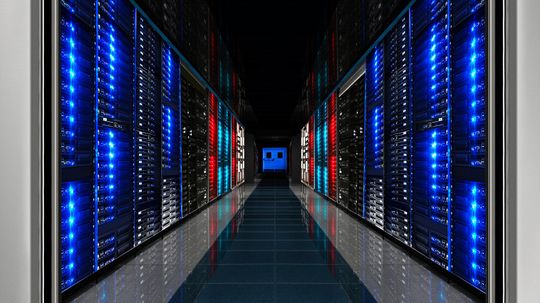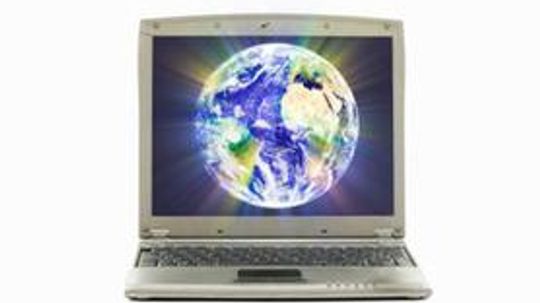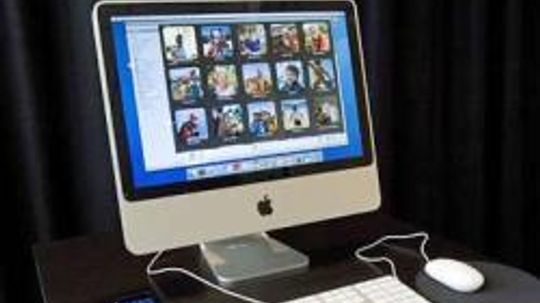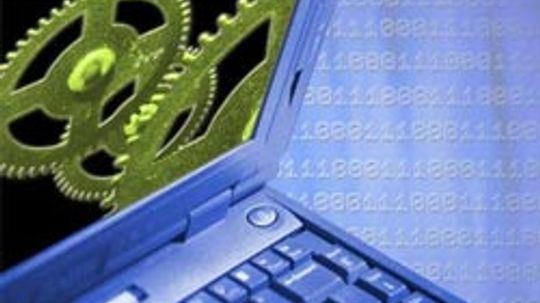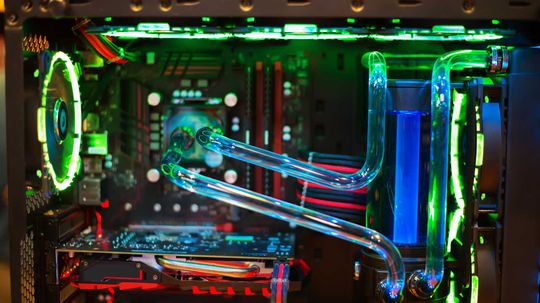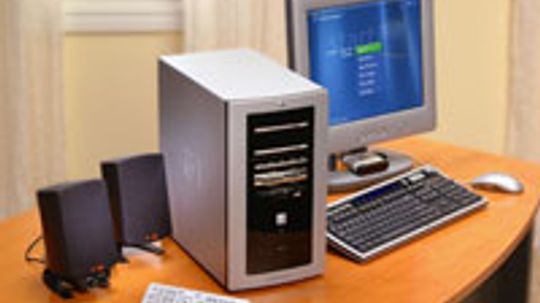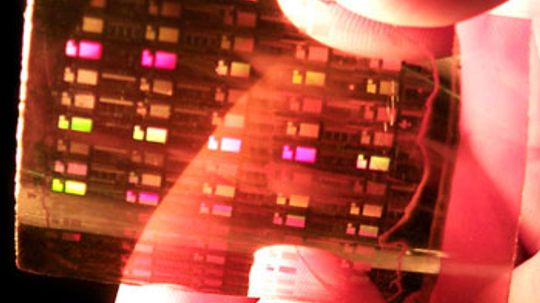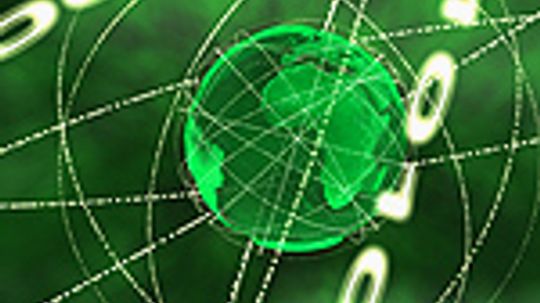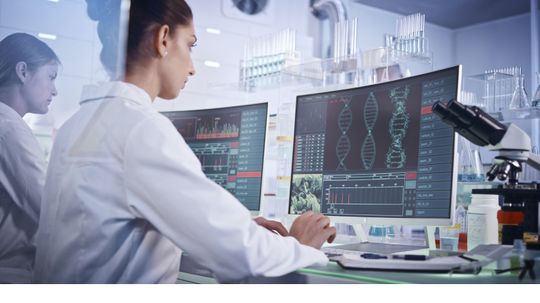Desktop Computers
There are many different types of desktop computers. Learn about PCs, supercomputers, printable computers and more.
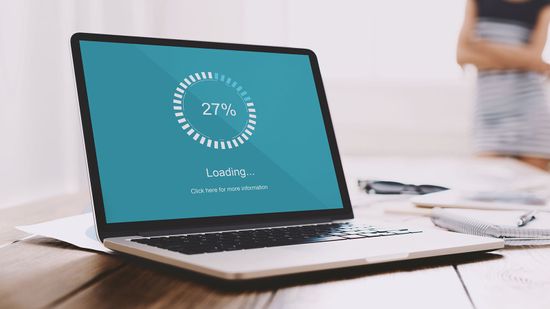
Why Is My Computer So Slow? 5 Reasons and How to Fix Them

Should You Shut Down Your Computer Every Night?
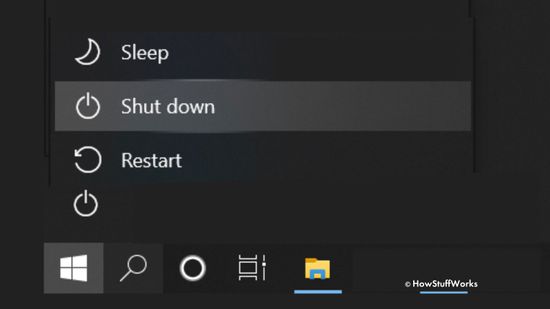
What's the Difference Between Restarting and Shutting Down My Computer?
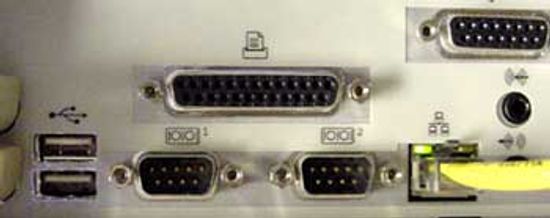
How Parallel Ports Work
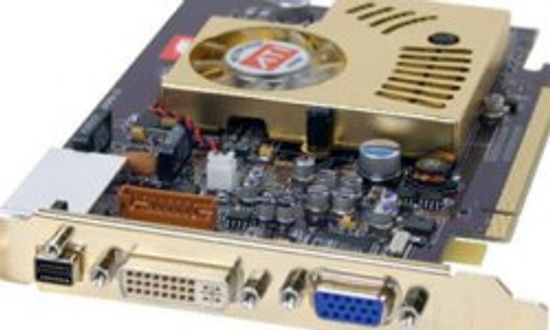
PCI Express Image Gallery

What is the main difference between FireWire and USB?
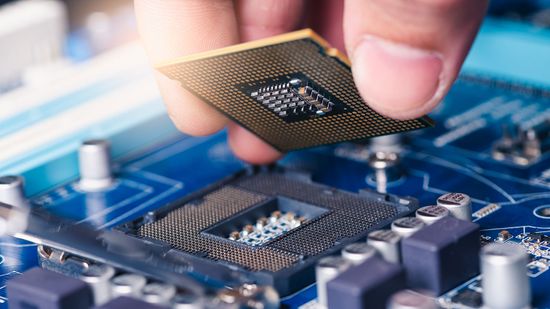
How to Overclock Your CPU
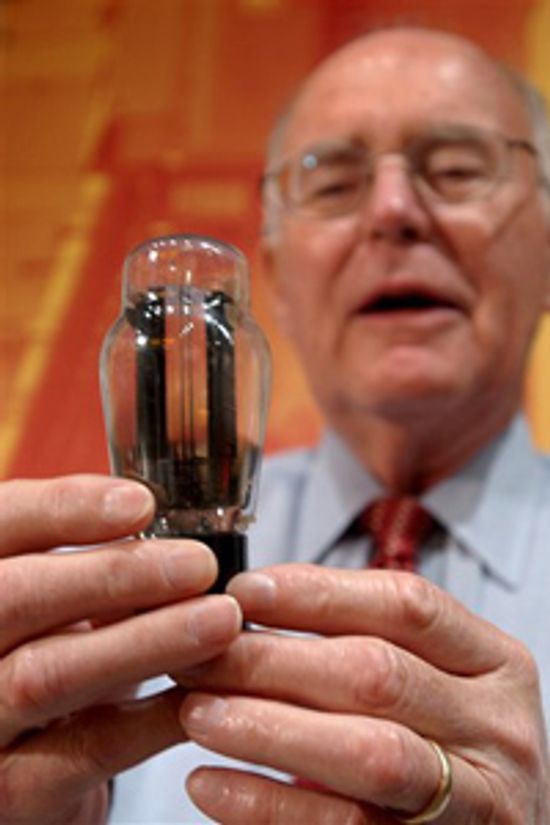
Is Moore's Law outdated?
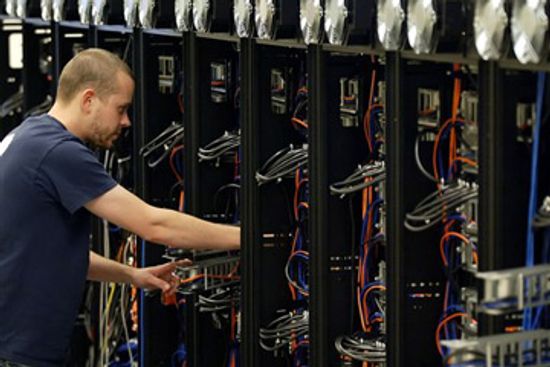
What is computing power?
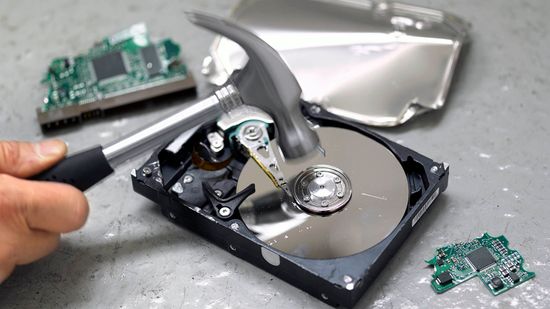
How to Wipe a Computer's Hard Drive
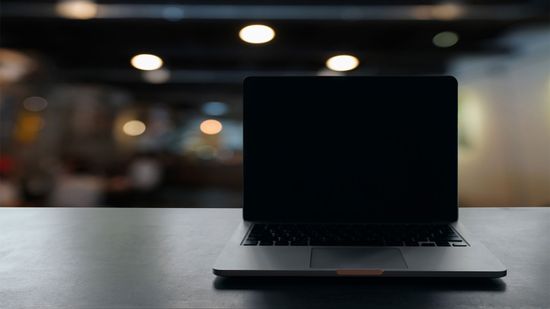
How to Fix the Black Screen of Death
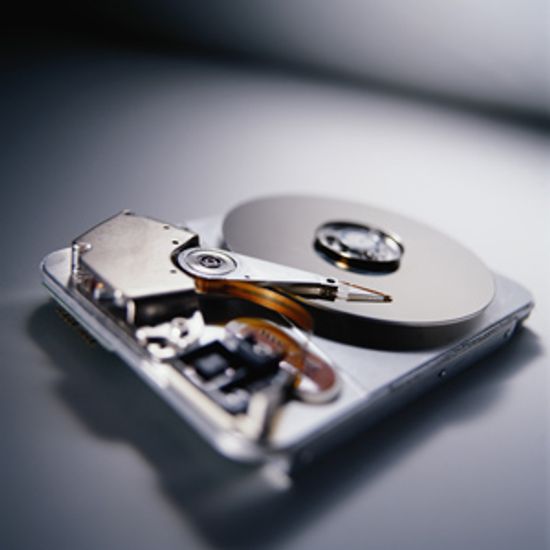
Should I move my hard disk to the cloud?
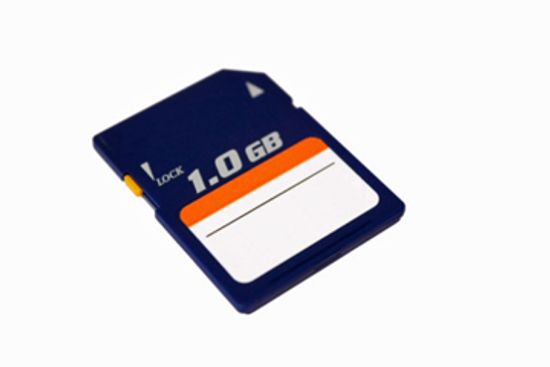
How Secure Digital Memory Cards Work
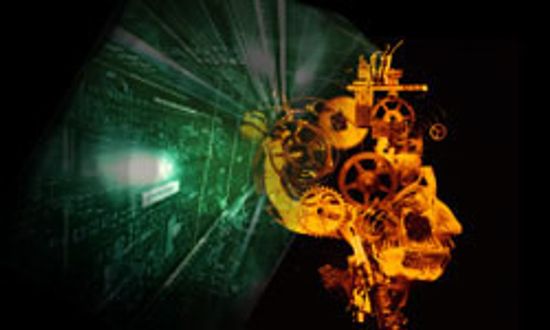
Computer Memory Pictures
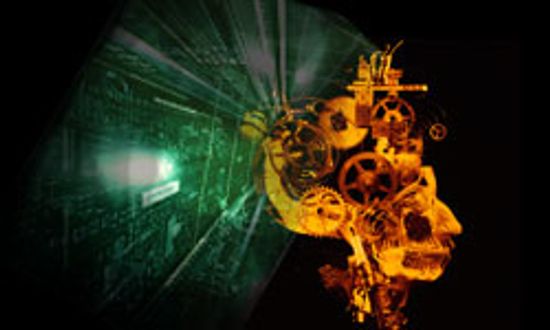
What is virtual memory?
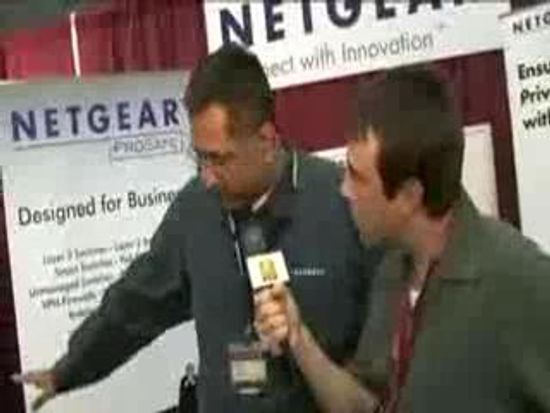
What are the three types of VPN?
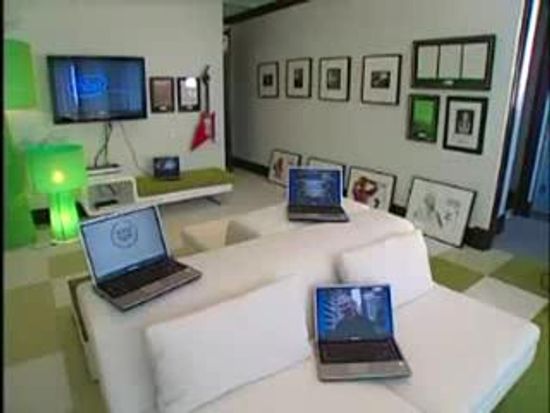
What do you need to build a private WiFi network?
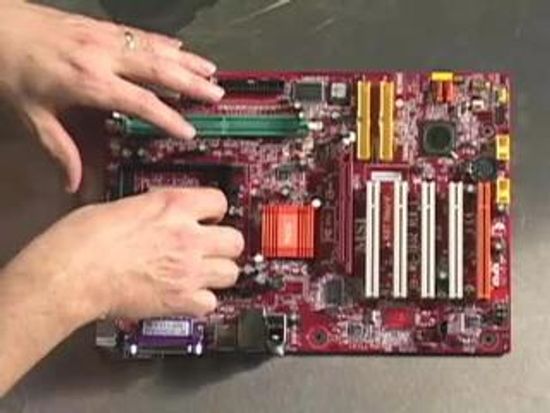
What Does a Server Do?
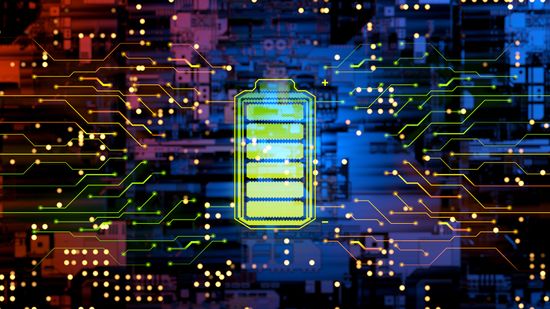
What Is a UPS? How an Uninterruptible Power Supply Works
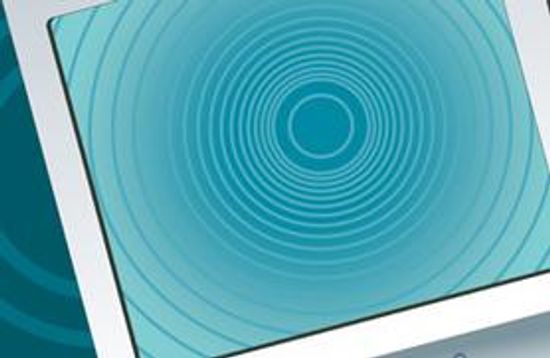
How to Cool Down Laptop: 5 Easy Ways to Prevent Overheating
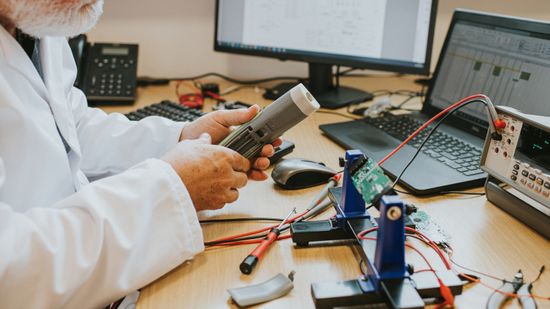
How To Know When Your Computer's CMOS Battery Is Dead

How to Force Quit on a Mac
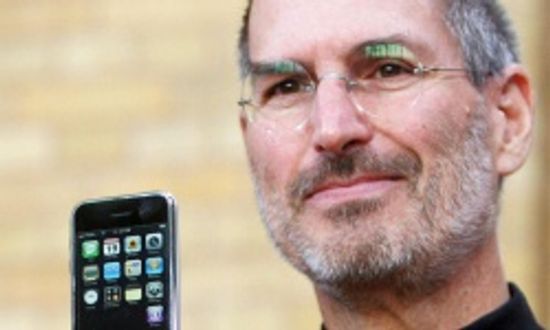
Steve Jobs: Life in Pictures
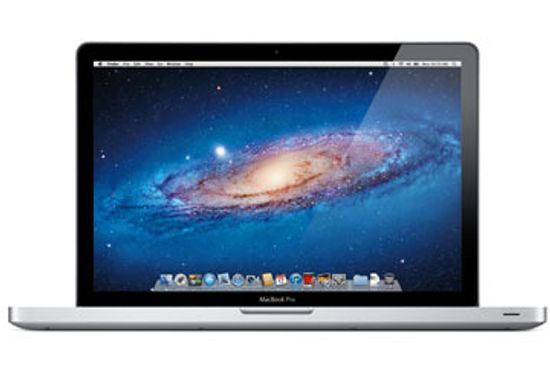
Are Macs more expensive than comparable PCs?

How the Kindle Paperwhite Works

How the Kindle Fire Works

Nook vs. Kindle Fire
Learn More
Supercomputers are capable of some serious computing, so it's not surprising that they're used for serious purposes. In 2012, a new champion claimed the top spot of fastest computer. What was it?
Set your computer for energy savings. In this article, learn how to set you computer to save energy.
It's been a rumor for years -- the desktop computer will soon be extinct. But with netbooks, smartphones, tablets and cloud computing, is the rumor finally going to come true?
By Josh Briggs
Advertisement
Computers have come a long way in the past few decades -- from filling up a room to slim and sleek designs that can nearly fit in your pocket. Take a look at some of the old and new models and learn about all the different features and types of these amazing machines.
Whether you are shopping for a new laptop or just curious about the latest technologies on the market, take a look at our image gallery.
Fabric PCs weigh less than a pound (0.45 kilograms) and have a display so flexible that it can be rolled and folded. Will this concept become a reality?
In cloud computing, programs and files are stored on a centralized computer or network. It's rumored that Google and Apple are teaming up to bring a cloud computer to the masses.
Advertisement
Most PCs use simple electrical fans to keep them cool. But upgrading to a liquid-cooling system can keep high-end gaming PCs running faster for longer.
We're already on the cusp of one of the next big media revolutions -- media-center PCs. The goal is to overcome the overlaps in the way we work and play, making the separation between home computers and entertainment systems obsolete.
By Julia Layton
We've all used one, and most of us are sitting in front of one right now. Curious to know what's going on inside that ever-present PC? Here's your chance to find out - without prying open your own.
By Jeff Tyson & Talon Homer
Did you know it takes two full weeks for a microprocessor plant to produce one silicon-based microprocessor? Imagine being able to make one yourself by downloading designs and then printing it on your desktop fabrication machine.
By Kevin Bonsor
Advertisement
Scientists have already built basic quantum computers that can perform specific calculations; but a practical quantum computer is still years away. Learn what a quantum computer is and just what it'll be used for in the next era of computing.
By Kevin Bonsor & Jonathan Strickland
In your body is more computing power than in any manmade supercomputer. The future of computing bypasses silicon in favor of the far-more-powerful DNA strand, and the possibilities are endless. Learn how DNA could replace the silicon microprocessor.
By Kevin Bonsor
What is the world's fastest computer? Well, there's the MDGrape-3 and a few other supercomputers, or there's another one that may surprise you ...
